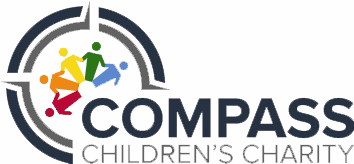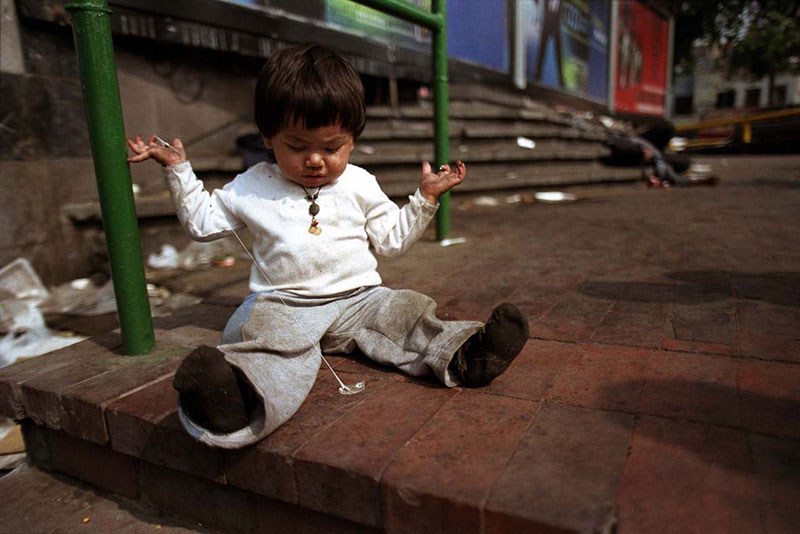Rights of the child
UN Convention on the Rights of the Child
The United Nations Convention on the Rights of the Child (UNCRC) is a legally binding international agreement that was adopted on 20 November 1989. It is the most widely ratified international human rights treaty in history. Currently only two countries have yet to ratify the landmark treaty – South Sudan and the United States. All countries that sign up to the UNCRC are bound by international law to ensure it is implemented. Implementation is monitored by the Committee on the Rights of the Child.
The UNCRC sets out the civil, political, economic, social, health and cultural rights of every child, regardless of their race, religion, or abilities. Under the terms of the convention, governments are required to meet children’s basic needs and help them reach their full potential. The Convention acknowledges that every child has basic fundamental rights including the:
Right to life, survival, and development
Right to be protected from violence, abuse, or neglect
Right to an education
Right to be raised by or have a relationship with their parents.
Right to express their opinions and be listened to.
In 2000, two optional protocols were added to the UNCRC. One asks governments to ensure children under the age of 18 are not forcibly recruited into their armed forces. The second calls on states to prohibit child prostitution, child pornography and the sale of children into slavery. These have now been ratified by more than 120 states. A third optional protocol was added in 2011. This enables children whose rights have been violated to complain directly to the UN Committee on the Rights of the Child.
Article 1
Everyone under 18 has these rights.
Article 2
All children have these rights, no matter who they are, where they live, what their parents do, what language they speak, what their religion is, whether they are a boy or girl, what their culture is, whether they have a disability, whether they are rich or poor. No child should be treated unfairly on any basis.
Article 3
All adults should do what is best for you. When adults make decisions, they should think about how their decisions will affect children.
Article 4
The government has a responsibility to make sure your rights are protected. They must help your family to protect your rights and create an environment where you can grow and reach your potential.
Article 5
Your family has the responsibility to help you learn to exercise your rights, and to ensure that your rights are protected.
Article 6
You have the right to be alive.
Article 7
You have the right to a name, and this should be officially recognized by the government. You have the right to a nationality (to belong to a country).
Article 8
You have the right to an identity – an official record of who you are. No one should take this away from you.
Article 9
You have the right to live with your parent(s), unless it is bad for you. You have the right to live with a family who cares for you.
Article 10
If you live in a different country than your parents do, you have the right to be together in the same place.
Article 11
You have the right to be protected from kidnapping.
Article 12
You have the right to give your opinion, and for adults to listen and take it seriously.
Article 13
You have the right to find out things and share what you think with others, by talking, drawing, writing or in any other way unless it harms or offends other people.
Article 14
You have the right to choose your own religion and beliefs. Your parents should help you decide what is right and wrong, and what is best for you.
Article 15
You have the right to choose your own friends and join or set up groups, as long as it isn’t harmful to others.
Article 16
You have the right to privacy.
Article 17
You have the right to get information that is important to your well-being, from radio, newspaper, books, computers and other sources. Adults should make sure that the information you are getting is not harmful, and help you find and understand the information you need.
Article 18
You have the right to be raised by your parent(s) if possible.
Article 19
You have the right to be protected from being hurt and mistreated, in body or mind.
Article 20
You have the right to special care and help if you cannot live with your parents.
Article 21
You have the right to care and protection if you are adopted or in foster care.
Article 22
You have the right to special protection and help if you are a refugee (if you have been forced to leave your home and live in another country), as well as all the rights in this Convention.
Article 23
You have the right to special education and care if you have a disability, as well as all the rights in this Convention, so that you can live a full life.
Article 24
You have the right to the best health care possible, safe water to drink, nutritious food, a clean and safe environment, and information to help you stay well.
Article 25
If you live in care or in other situations away from home, you have the right to have these living arrangements looked at regularly to see if they are the most appropriate.
Article 26
You have the right to help from the government if you are poor or in need.
Article 27
You have the right to food, clothing, a safe place to live and to have your basic needs met. You should not be disadvantaged so that you can’t do many of the things other kids can do.
Article 28
You have the right to a good quality education. You should be encouraged to go to school to the highest level you can.
Article 29
Your education should help you use and develop your talents and abilities. It should also help you learn to live peacefully, protect the environment and respect other people.
Article 30
You have the right to practice your own culture, language and religion – or any you choose. Minority and indigenous groups need special protection of this right.
Article 31
You have the right to play and rest.
Article 32
You have the right to protection from work that harms you and is bad for your health and education. If you work, you have the right to be safe and paid fairly.
Article 33
You have the right to protection from harmful drugs and from the drug trade.
Article 34
You have the right to be free from sexual abuse.
Article 35
No one is allowed to kidnap or sell you.
Article 36
You have the right to protection from any kind of exploitation (being taken advantage of).
Article 37
No one is allowed to punish you in a cruel or harmful way.
Article 38
You have the right to protection and freedom from war. Children under 15 cannot be forced to go into the army or take part in war.
Article 39
You have the right to help if you’ve been hurt, neglected or badly treated.
Article 40
You have the right to legal help and fair treatment in the justice system that respects your rights.
Article 41
If the laws of your country provide better protection of your rights than the articles in this Convention, those laws should apply.
Article 42
You have the right to know your rights! Adults should know about these rights and help you learn about them, too.
Articles 43 to 54
These articles explain how governments and international organizations like UNICEF will work to ensure children are protected with their rights upheld.

